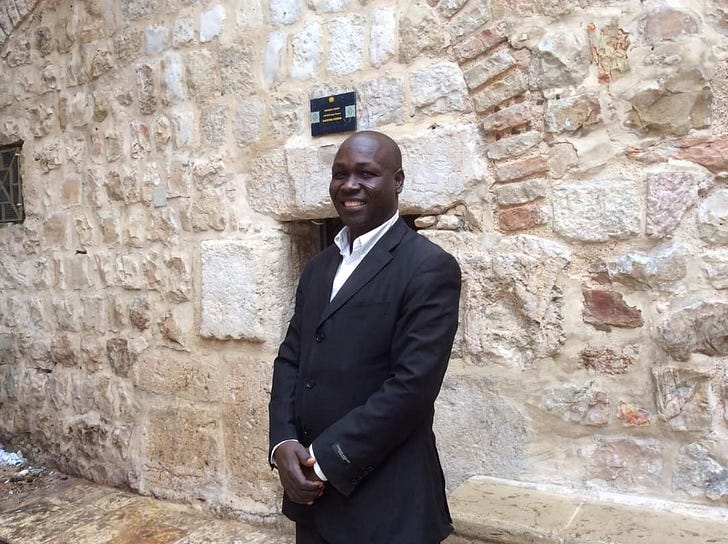Kidnapped Nigerian priest rescued by Fulani community
A priest kidnapped by Fulani militants tells his story.
A Nigerian priest who was kidnapped earlier this month by Fulani militants has voiced gratitude to the Fulani community that rescued him.

Fr. Andrew Anana, a 49-year-old priest who serves at St. Francis Xavier Godogodo Parish in the north Nigerian Diocese of Kafanchan, is receiving treatment for injuries sustained after being kidnapped from his parish on…
